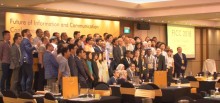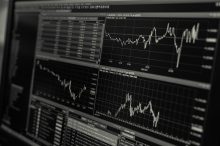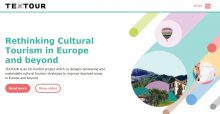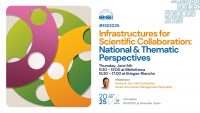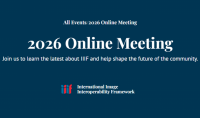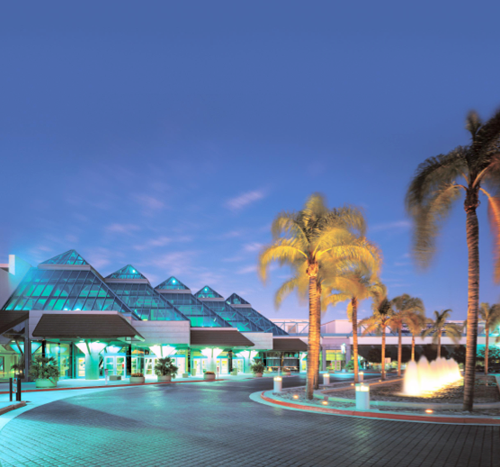
Santa Clara convention centre, California, USA
The third IEEE Workshop on Big Humanities Data will be held on Thursday, 29 October 2015, in conjunction with the 2015 IEEE International Conference on Big Data (IEEE BigData 2015), which takes place between October 29 and November 1 2015 in Santa Clara, California, USA, and which provides a leading international forum for disseminating the latest research in the growing field of “big data”. This workshop will address applications of “big data” in the humanities, arts, culture and social science and the challenges and possibilities that such increased scale brings for scholarship in these areas.
The use of computational methods in the humanities is growing rapidly, with the increasing quantities of born-digital primary sources (such as archives of emails and social media) and the large-scale digitisation programmes applied to libraries and archives. This has resulted in a range of experiments with new methodologies and new applications. At the same time, humanities and culture research is itself challenged by interpretative issues raised by applying such data-driven methods for answering humanities research questions.
Moreover, the questions and concerns raised by the humanities themselves have consequences for the interpretation in general of “big data”, the uses to which it is put and the challenges of producing quality (meaning, knowledge and value) from quantity. The workshop will thus also address complementary research that uses the humanities and its methods to provide a critical appraisal of “big data” in other areas, both inside and outside academia.
Research topics covered – Topics covered by the workshop include, but are not restricted to, the following:
- Text- and data-mining of historical and archival material.
- Social media analysis, including sentiment analysis
- New research objects for humanities analysis such as digital music, film
- Cultural analytics
- Social analytics
- Crowdsourcing and big data
- Cyber-infrastructures for the humanities (for instance, cloud computing)
- NoSQL databases and their applications in the humanities
- Big data and the construction of memory and identity
- Big data and archival practice
- Corpora and collections of big data
- Linked Data and Big Data
- Constructing big data for research in the humanities
Programme Chairs:
- Dr. Mark Hedges Department of Digital Humanities King’s College London, UK
- Dr. Tobias Blanke Department of Digital Humanities King’s College London, UK
- Prof. Richard Marciano College of Information Studies – “Maryland’s iSchool” University of Maryland, USA.
For more info click here



